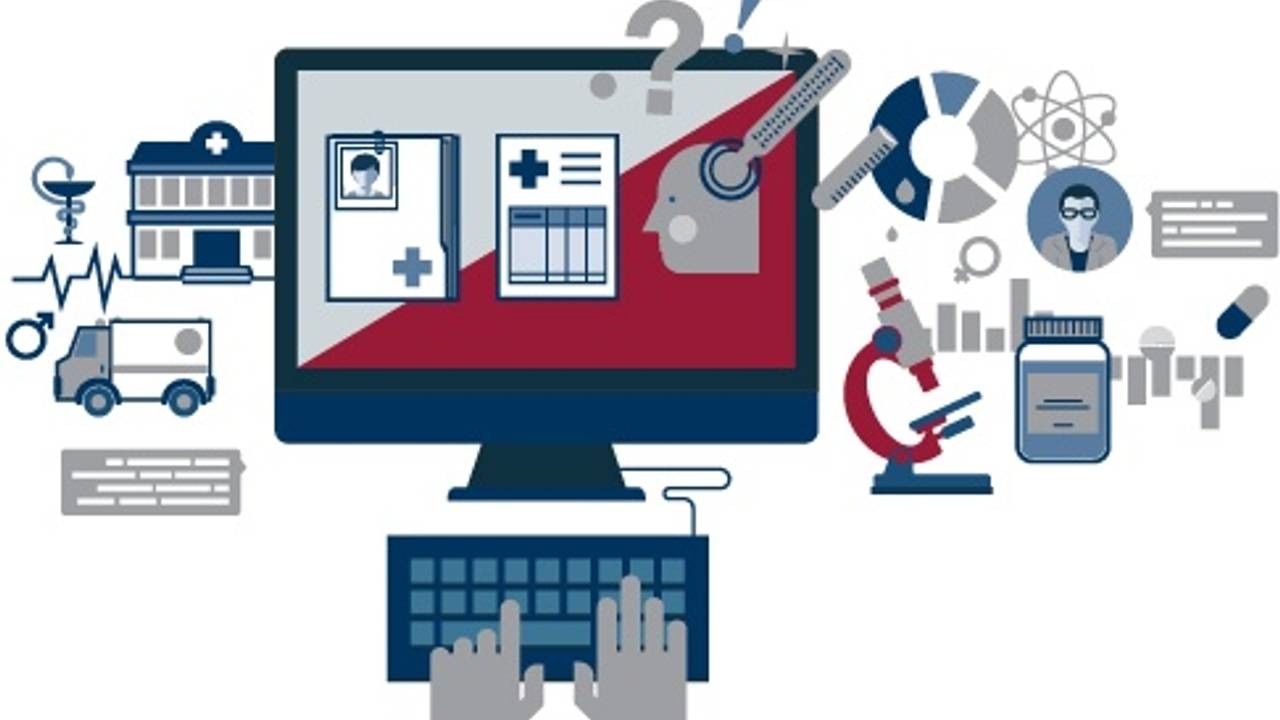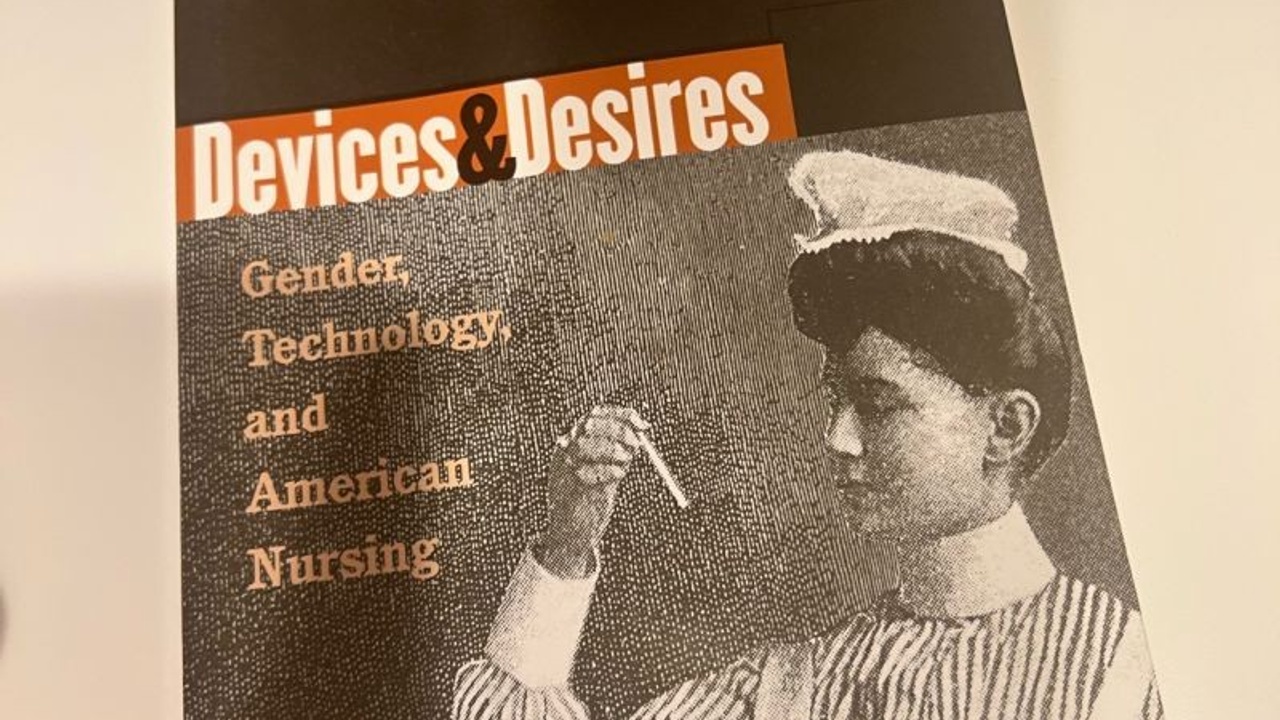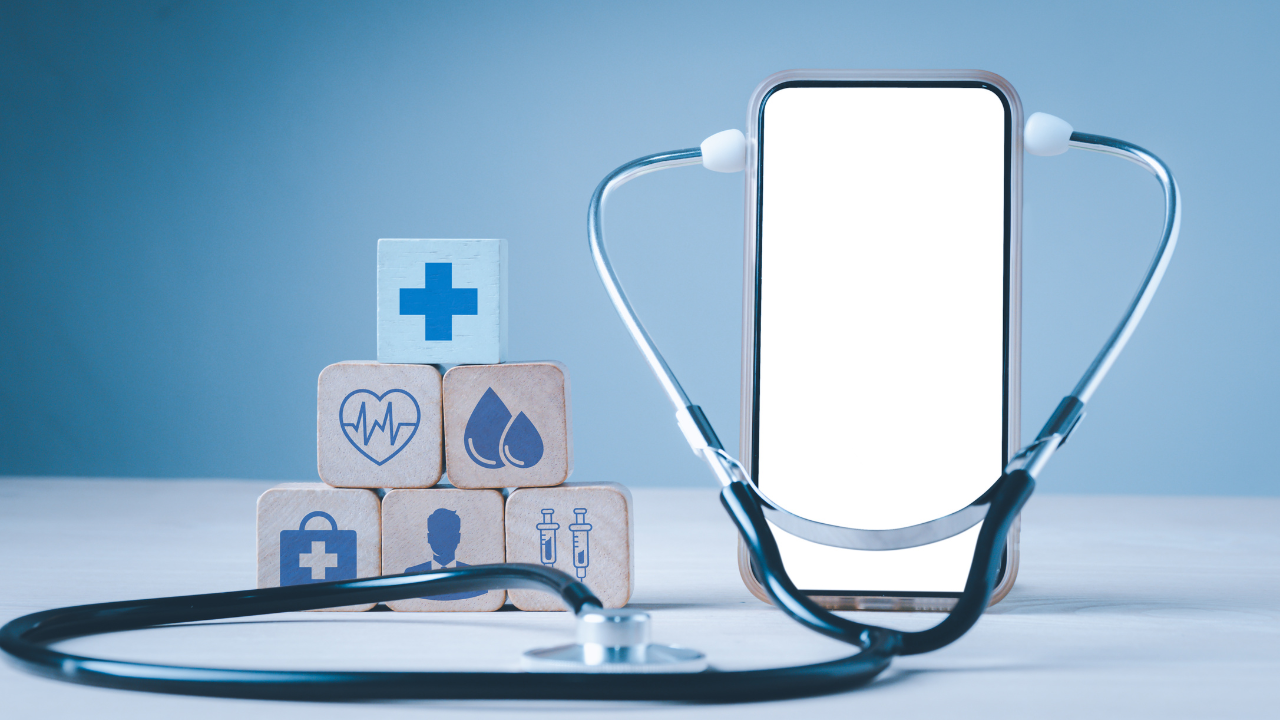Revamp your Resume

Can you believe that we are less than two months away from a new year? The 2022 year has gone by fast. Something that always comes to mind toward the end of a year is closing out the current year and planning for the next.
As we head toward closing out the 2022 year, it is important to reflect on what you have accomplished in your professional career.
Perhaps you were asked to serve on a new health IT, quality and safety, or informatics council.
Perhaps you were asked to give a presentation on behalf of your colleagues for a project that helped support care delivery.
Perhaps you took on a new role, received an award, or earned a new certification.
Whatever you may have achieved, now is the time to ensure it has been added to your resume. In fact, I encourage you to consider establishing a cycle at least once, preferably twice, per year where you revamp your resume!
I often hear from nurses who are either looking for ways to stand out in their resume or are looking for ways t...
Advancing your Informatics Career...

During the summer of 2014, I finally committed to taking the informatics nurse board certification exam.
I did not know how to approach studying for it nor how it would go but I was tired of putting it off and knew if I did not do it soon, it would continue to get put off.
While I had my PhD in nursing informatics from Duke, I knew that I was still missing that third party validation of my knowledge that could be assessed by clients, customers, and colleagues. I did not want there to be any question that my knowledge, experience, expertise, and approaches to health IT projects and practice was comprehensive, thorough, and valuable to others.
Unfortunately, there have been many times where I have been asked, "what is informatics?" and "what do informatics nurses do?". Those are times when I reflect on their questions and recognize that more clarity is needed to our roles and capabilities.
One way to demonstrate your capabilities, expertise, and knowledge is to obtain a board ce...
Devices & Desires: Gender, Technology and American Nursing

I recently read, Devices and Desires: Gender, Technology, and American Nursing by Margarete Sandelowski PhD RN FAAN. I did not know what I would learn while reading but was intrigued by the possibility of uncovering more about nursing and technology in care delivery. I was also delighted to know such a book was available on this topic.
Without giving anything away, the book offers many insights that continue to perpetuate in today's healthcare delivery systems. Nurses continue to be the most involved caregiver with patients. Nurses also continue interact with technological hardware and software tools more frequently than their healthcare professional peers. We continue to struggle with finding the right balance between human care and technological tools to support such care. Nurses also continue to advance the profession through their own day to day advocacy for those whom they care whether 100 years ago or today.
One of the sentences that really caught my attention in the book was...
How to Influence Change in the EHR and/or other Health IT Solutions

Years ago I was speaking to a nurse in direct care about some of the challenges she saw in documenting in the electronic health record (EHR). She looked at me and told me she felt like a glorified data entry specialist. We talked about what small things might make it better. She shared some thoughts but then said, who would I even go to about this? Who is here to help us make it better?
That memory has sat with me for years. I remember it vividly and it is brought back every time I hear another nurse or healthcare professional discuss something similar.
As a PhD prepared board certified informatics nurse, I've encouraged nurses and healthcare professionals that they have an ability to influence change in the EHR and/or other Health IT solutions. Some of the comments I've received have been:
"I don't even know where to even start."
"Who would I even talk to about my ideas?"
"I don't have an informatics or health IT background."
Informatics nurses and clinical IT professionals a...
Reflections on Patient-Centeredness for Quality Care

The term patient-centeredness is more than a concept and word when aiming for quality.
Patient-centeredness at a minimum refers to centering care around the patient.
Patient-centered care is one of the six elements of quality as defined by The National Academy of Medicine in Crossing the Quality Chasm.
Taken from the executive summary of that report:
"Patient-centered—providing care that is respectful of and responsive to individual patient preferences, needs, and values and ensuring that patient values guide all clinical decisions." (https://www.ncbi.nlm.nih.gov/books/NBK222271/)
Patients are people first, often with a lot going on outside of the immediate appointment, episode, or treatment.
Perhaps a televisit (over an in person visit), and prescription delivery services will help address some compliance issues related to distance, obligations, or cost to travel and park.
Perhaps knowing the patient's name when you walk into the room will help the patient feel as though you ar...
What do I like most about informatics?

I was recently interviewed for a graduate school assignment by a nurse who is pursuing a Doctor of Nursing Practice degree. I was happy to participate in the process and find it a great opportunity to help demystify nursing and healthcare informatics. Before I answer the question, it is important to frame informatics according to the definition.
Informatics can appear to be a field that is unclear and misunderstood if you've not had the opportunity to interact, participate in some way and/or work in the field.
I remember the first time I hear the word informatics, I was a clinical analyst at the time in the IT department (not nursing). I had been working on an EHR (electronic health record) project for some time and heard the word used by a nursing leader and IT leader. I didn't know what it meant at that time.
However, the questions I was asking at that time were what prompted the introduction to informatics.
A common misconception is that informatics is about the computer or ...
Unique Nursing Identifiers (UNI) for Nursing Care

Good afternoon all,
I was reading an article this week on Unique Nurse Identifiers (UNI) and wanted to reflect on it here this week.
If this is the first time you have heard of a Unique Nurse Identifier (UNI), I'll share the definition from the article which I was reading:
"A UNI is a defined code or series of characters that represents an individual nurse within various healthcare technology systems and devices."
The concept of UNI's is not new as each registered nurse has a UNI with the board of nursing where he/she/they has had a registered nursing license.
Additionally, Nurse Practitioners have a National Provider Identification (NPI) number provided from the Centers for Medicare and Medicaid Services (CMS).
Adding a UNI for nurses in healthcare organizations could help in several ways. One that stands out is the ability to more discretely identify the impact of direct nursing care on patient health outcomes. An ongoing challenge in nursing has been the ability to leverage...
Data are a currency for your health.

We, as healthcare professionals and consumers of healthcare, cannot provide quality healthcare to others or to ourselves without data.
Data points are everywhere. Your respiratory rate, heart rate, oxygen saturation, and blood pressure are just four common data points in healthcare facilities (perhaps even at home).
At home in the day to day, you may be counting your steps, hours of sleep, days per week you are exercising, and many other possibilities.
We would rarely collect these data points without a purpose and intention to use the data for meaningful insights.
An initial set of vital signs may provide a baseline for a patient that could be referred to with each subsequent set of vitals for comparison.
For someone looking to become more active through walking, tracking steps may provide a way to determine progress and plan for how to make adjustments.
Now there are many opportunities to add on to the list of data elements. However, too much data without a clear purpose ...
What exactly is Informatics?

A question I frequently am asked by students, clients, peers, and family is: "What IS informatics?" I am certain that I am not alone in this experience. Whether you are someone that gets asked the question or someone who is asking the question, it is often the first step toward understanding an appearingly mysterious field but yet quite necessary for quality care delivery in the digital age.
Informatics is the science of using data and information to generate new knowledge and wisdom (DIKW) in the discipline(s) of interest. While that definition is a bit abstract, the core concepts are introduced within it.
Informatics is not led by technology but rather supported by it to achieve the desired DIKW goals.
To help explain this, tune in to our Instagram page @icarenursingsolutions on Wednesday June 29th at 7pm to hear more. If you have questions we can help answer during the event, please submit them by email to [email protected].
The more we are able to clarify ...
You do understand technology more than you think...

A common statement that I hear and have heard over the years when there is a technological issue is...
"I don't understand technology."
This comment usually comes when something is not working quite right. It could be anything from the video call settings (mute/unmute) to entering data into the electronic health record.
When I hear this, I often see the person who said it, start to let the technology win over his/her/their confidence in being able to solve the problem.
However, I believe that if this statement resonates with you, you likely understand technology more than you think you do.
Perhaps it is that there simply is not time available to troubleshoot the issue because patient care is already so demanding of your time.
Let's take printers for example. I do not know what it is about printers but whenever I need something to print in a short period of time, something goes wrong. I either need to put in a new cartridge, install a new driver on my computer, or reset the w...
